It’s vital to stay engaged with history to give context to the present. Black History month is a chance to celebrate Black achievement and give visibility to those still fighting for change. Here are some Black historic monuments and museums both in the US and Africa that celebrate the people who changed the course of history, and dedicated their lives to advancing the rights of all marginalized people.
What is Black History month?
Black history month was originally established in 1926 by African-American author and Harvard scholar Dr. Carter G. Woodson, who hoped it would increase mutual respect in all Americans. In 1976 it became officially known as Black History Month. February was chosen because it contains the birthdays of both Frederick Douglass and Abraham Lincoln.
Martin Luther King Jr. National Historic Park (Atlanta, Georgia, USA)

Over 35 acres in Atlanta, discover the places civil rights hero Martin Luther King Jr., was born, worked, worshiped, and is now buried. Watch footage from the time of segregation in his childhood home. Learn how through education and a commitment to his community he fought against this hatred with love, compassion and an unbreakable belief in human rights and dignity. Don’t miss the King Center to learn about Coretta Scott King, the equally inspiring civil rights leader.
Robben Island (Cape Town, South Africa)
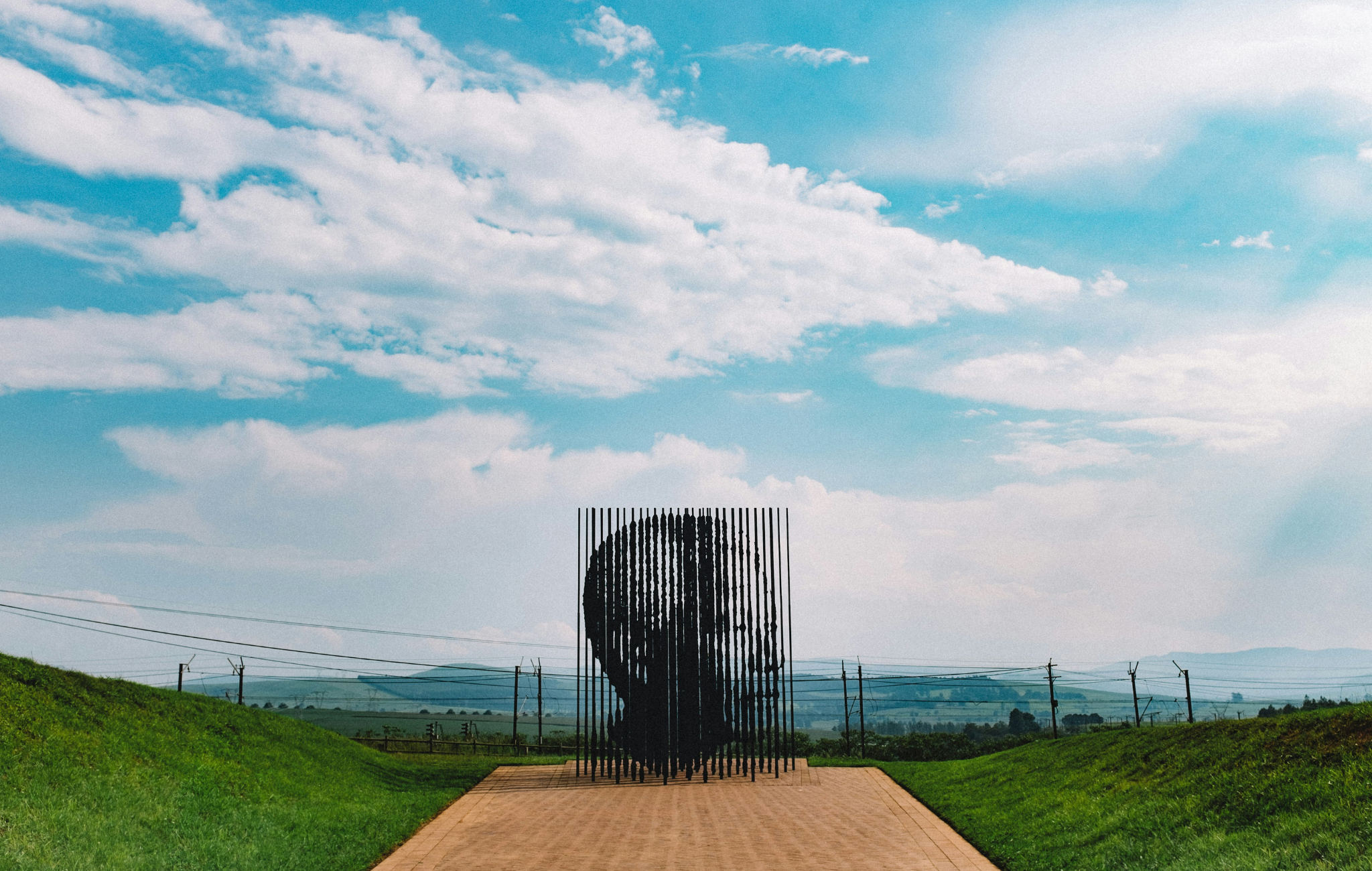
On a different continent the same oppression was fought by Nelson Mandela and the anti-apartheid movement in South Africa. This Black history museum is on the island where Nelson Mandela spent 27 years in prison for trying to advance the rights of South Africa’s non-white population. After a ferry ride a former political prisoner will give you a tour, where you can see the cell Nelson Mandela spent so many years in confinement. Cape Town is also a must-see city with a rich Black history, surrounded by beaches and the iconic Table Mountain.
Rosa Parks Museum (Montgomery, Alabama, USA)
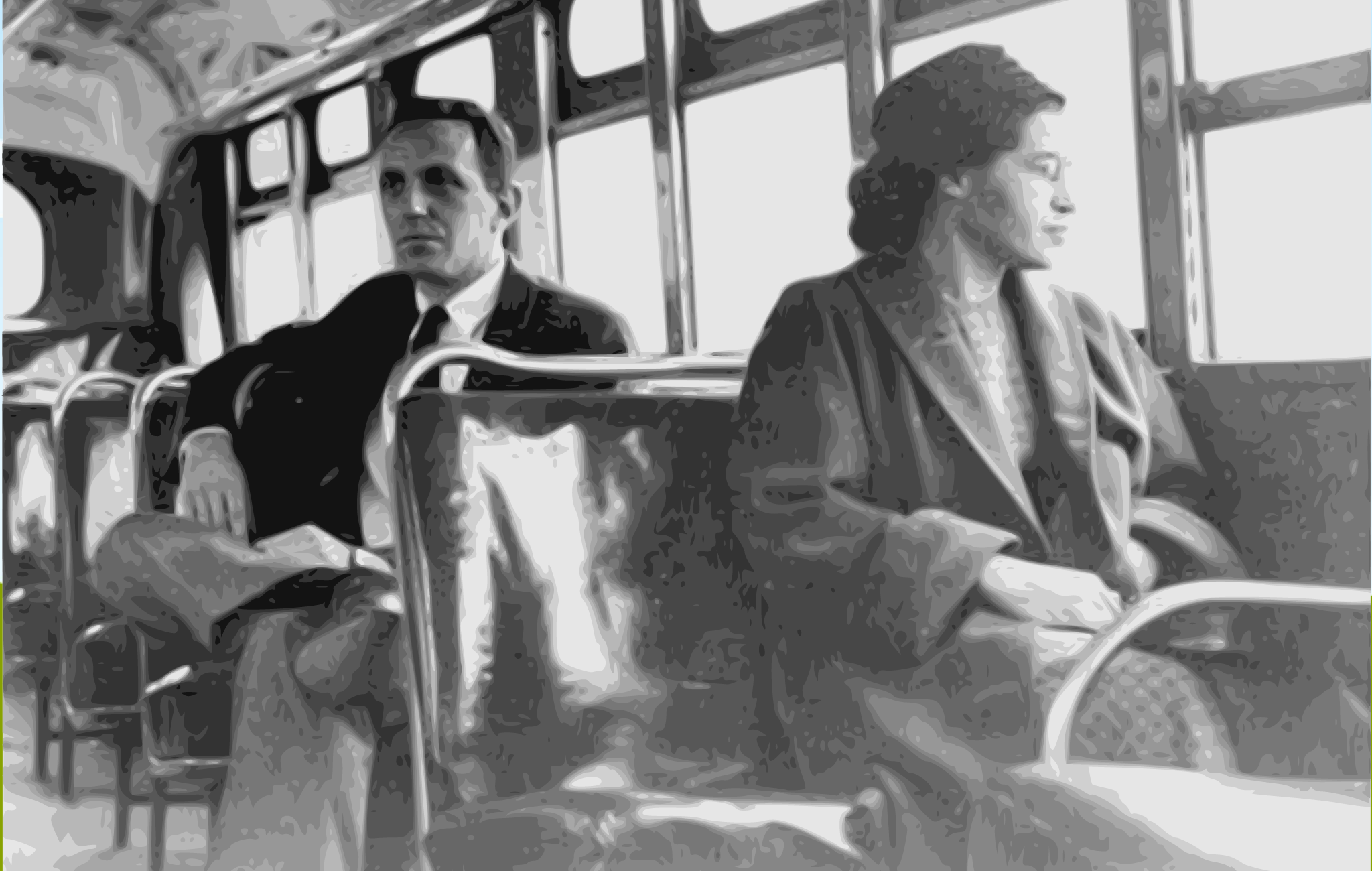
Rosa Parks refused to give up her bus seat in Montgomery Alabama in 1955, kicking off the Montgomery Bus Boycotts and becoming a catalyst for the Civil Rights Movement. A completely reconstructed city bus allows you to imagine the bravery of the moment and exhibits show how Rosa Parks’ activism and contribution to the movement were about much more than this defining moment. Elsewhere in Montgomery you can taste famous Southern soul food, explore the outdoors and take a walk down the Alabama River Walk.
Frederick Douglass National Historic Site (Washington, D.C., USA)
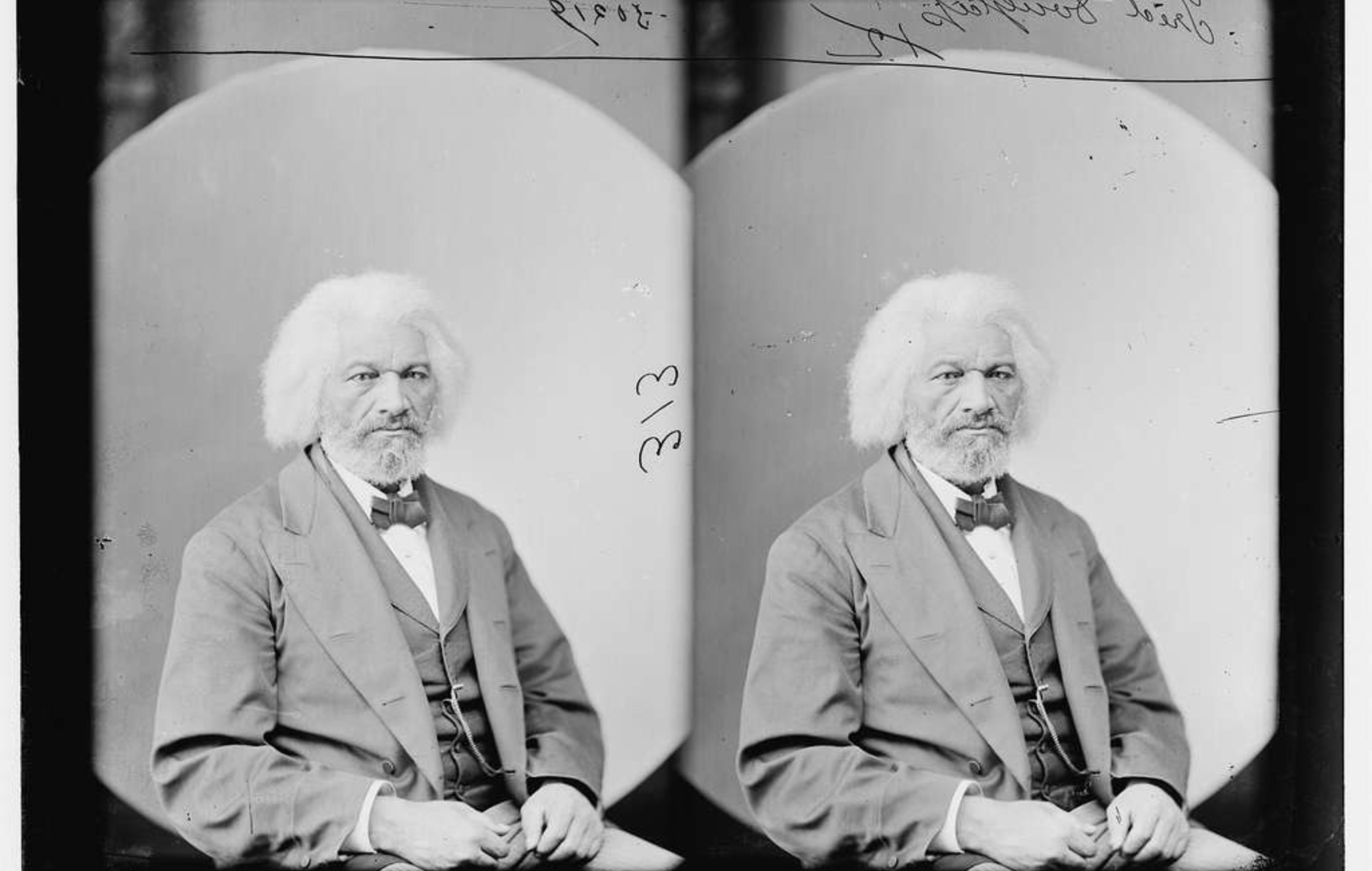
The capital of the US is densely populated with museums and landmarks including this inspiring Black History museum dedicated to the life of abolitionist, writer and former slave Frederick Douglas. In his beautifully restored Victorian home, guided tours show the incredible journey from slave to statesman, his commitment to civil rights and contributions to shaping the nation. Next time you visit Washington make sure to seek out other Black history landmarks, such as the statue of Black suffragette Mary Mcleod Bethune.
Slave Haven Underground Railroad Museum, Memphis Tennessee
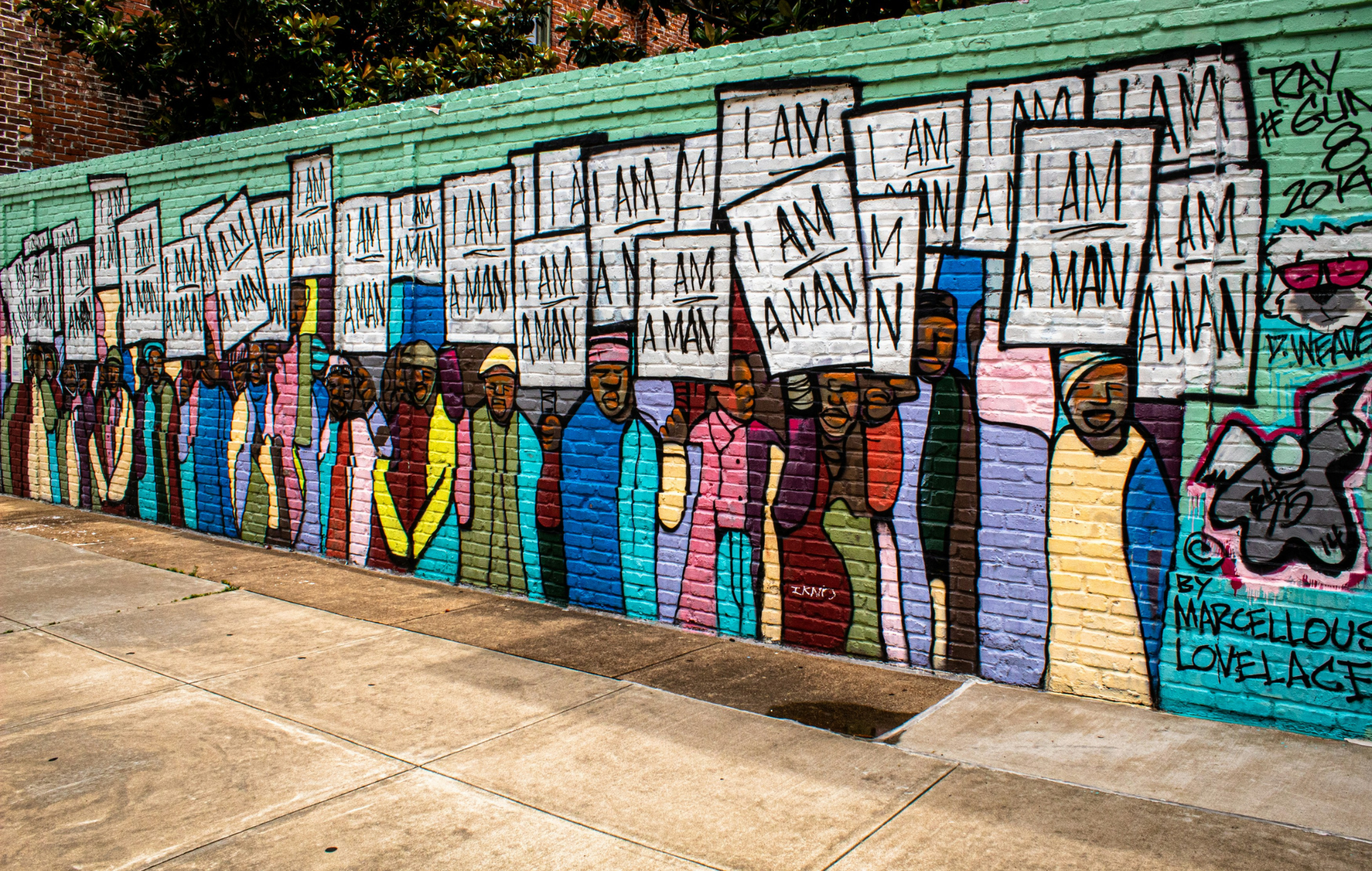
This museum is housed in a restored antebellum house, furnished with 19th century artefacts. It tells the story of the forced migration of millions of African people, used for free labor in the cotton fields in the south. Wherever possible slaves tried to liberate themselves and were often aided by abolitionists who helped them escape through the underground railroad. Discover hidden trapdoors and passageways in the house that give you a glimpse into the bravery and fear they must have felt.
Harriet Tubman National Historical Park (Auburn, New York, USA)

One of the conductors of the underground railroad and committed abolitionist who changed the course of American history was Harriet Tubman, memorialized in the place she made her home in Auburn, New York. Auburn is an artistic and cultural city that makes a great weekend trip from the city, with a rich history including the Seward museum, home to the abolitionist William Seward. You can also download an app and take a self-guided tour of Underground Railroad stops around Auburn, with audio to guide you round these Black historic landmarks.
Museum of Black Civilization (Dakar, Senegal)
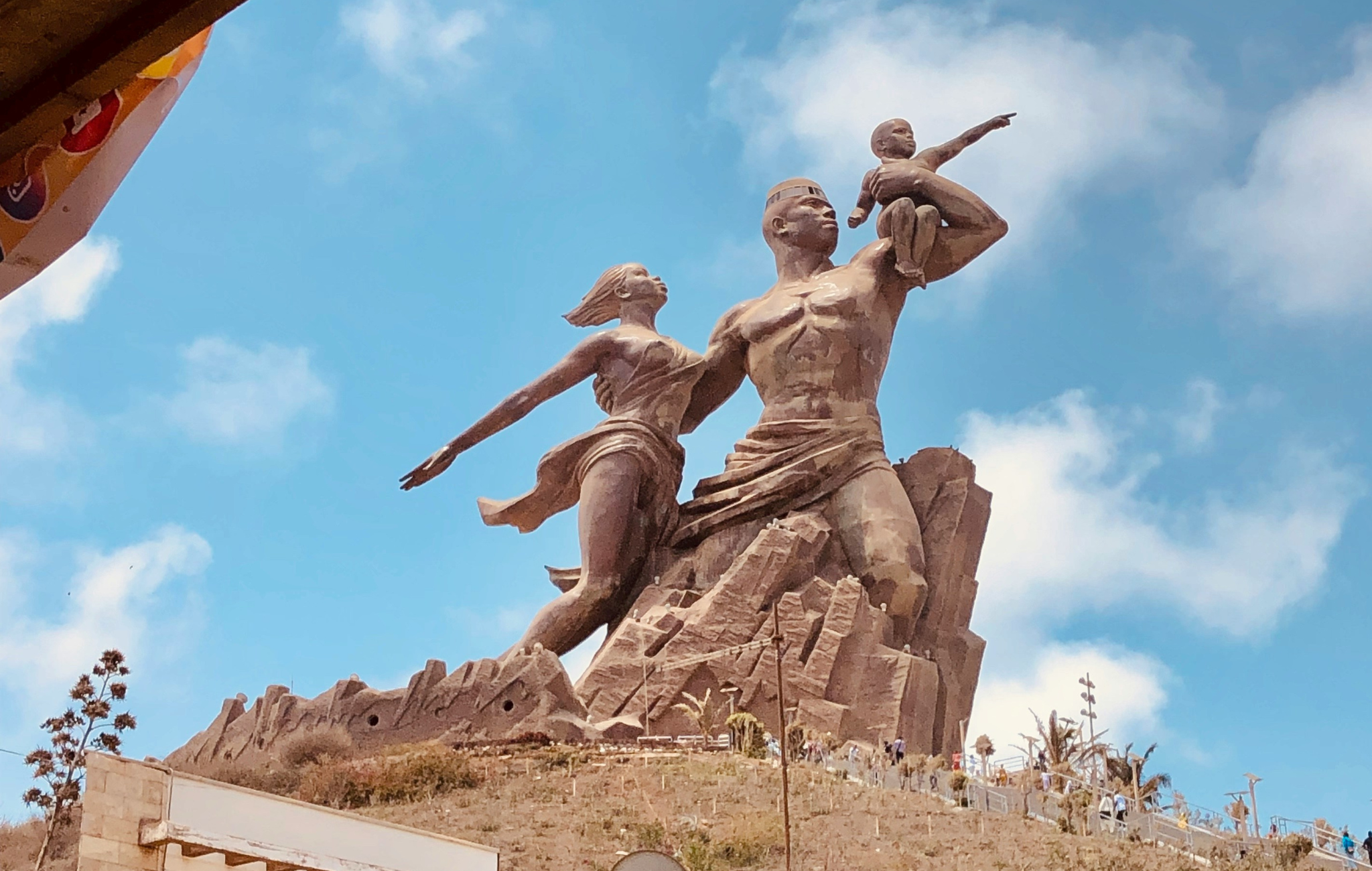
95% of Africa’s cultural heritage exists outside of the continent and this Black history museum seeks to correct that, and celebrate with pride what it is to be African. Created with the aim to ‘decolonise knowledge’ and bring Africa together in a celebration of Blackness, Senegal’s museum opened in 2018 and has become a huge success story. Exhibitions showcase contemporary African artists as well as telling the story of the slave trade that created new communities of Africans in the Americas. They recognise communities such as those in Brazil, the US and the Caribbean as African civilisations in their own right.
Written by Laura Sedlak